This is the second in a four part Haunted Georgia series of guest blogs by Lewis Powell IV. Find Part 1 here.
6. Georgia’s Civil War Prisoner of War Camps—Sumter and Lawton
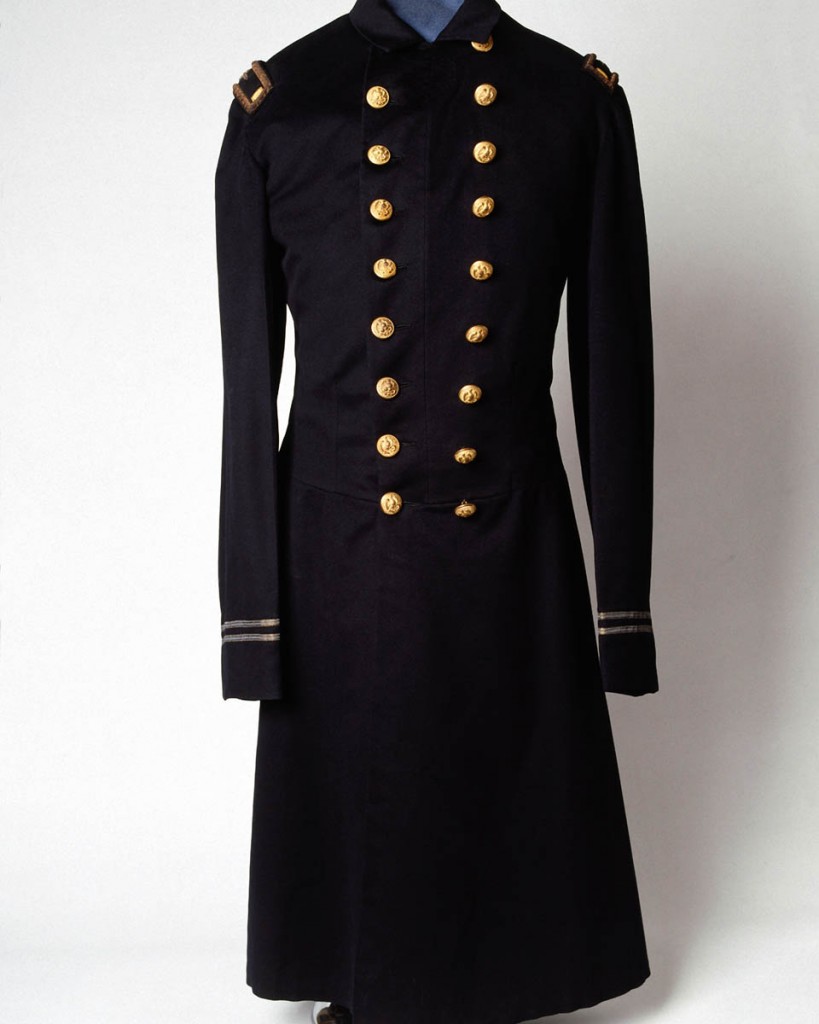
The Civil War left gaping wounds on the landscape and psyche of the nation. Certainly, many of those wounds were caused by the harsh treatment of prisoners of war on both sides. That treatment has left spiritual scars as well. The dreadful conditions at Camp Sumter, in the small town of Andersonville in Sumter County, have linked this town’s name with dark places like Auschwitz and Dachau. The site of nearly 13,000 prisoner of war deaths has been preserved as Andersonville National Historic Site (GA State Highway 49) by the National Park Service. As one might expect from such a site, many report a feeling of despair and sadness hanging over the site of the stockade. People driving through the area late at night have encountered a ragged man in a black coat as they drive past the site.
The remains of the stockade at Camp Lawton near Millen, were just located last year on the grounds of Magnolia Springs State Park (1053 Magnolia Springs Drive). A much smaller camp built to relieve the pressure on the horribly overcrowded Camp Sumter, Lawton accommodated a little over 10,000 prisoners during its short existence and there were about 1,300 deaths. But still, a spiritual mark was left on the landscape. Reports from state park staff include the full bodied apparitions of soldiers.
7. Ebo Landing (Mouth of Dunbar Creek, St. Simons Island)
This remarkable location is still not marked by any sign or monument, though it is celebrated in story and legend. It was here that a group of African slaves from the Igbo tribe who had recently been purchased by planters John Couper and Thomas Spalding in Savannah rebelled against their owners. According to the legend, as the group was being unloaded from the small vessel that had brought them there, they turned and walked into the water and drowned themselves. Some stories have the slaves chanting, “The water brought us here; the water will take us back” as they marched stoically to their deaths. Interestingly, the story has been preserved in the African-American tradition with the slaves turning themselves into birds and flying back to Africa. In fact, this forms the basis of Toni Morrison’s novel, Song of Solomon. And still, the voices are said to echo at Dunbar Creek.
Also notable, at the southern tip of neighboring Jekyll Island, the slave ship S.S. Wanderer can still be seen gliding over the water and the trees.
8. Windsor Hotel (125 West Lamar Street, Americus)
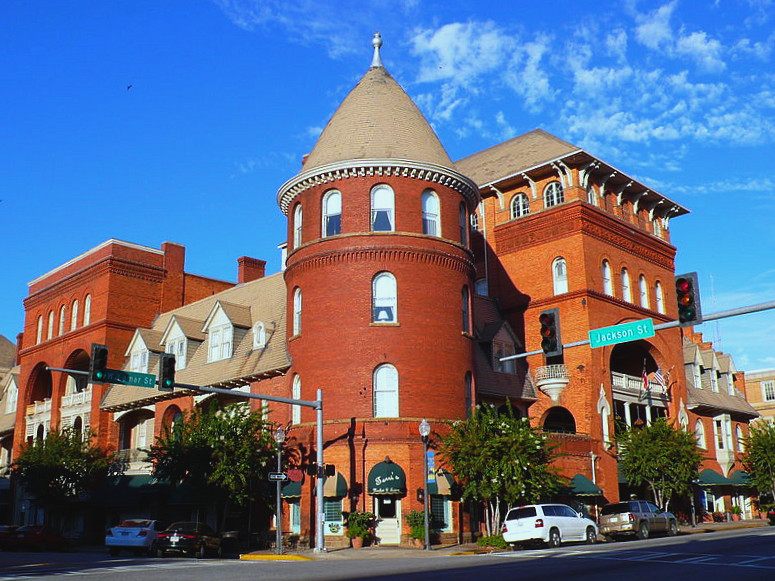
Some of the staff at the Windsor Hotel has been on duty for decades, though they died many years ago. This 1892 Victorian riot of towers and arches hosts a spectral bellman and housekeeper. Legend holds that the housekeeper was murdered when someone pushed her down an elevator shaft. Her daughter returned to the hotel looking for her mother and has remained there in spirit.
9. Augusta State University (2500 Walton Way, Augusta)
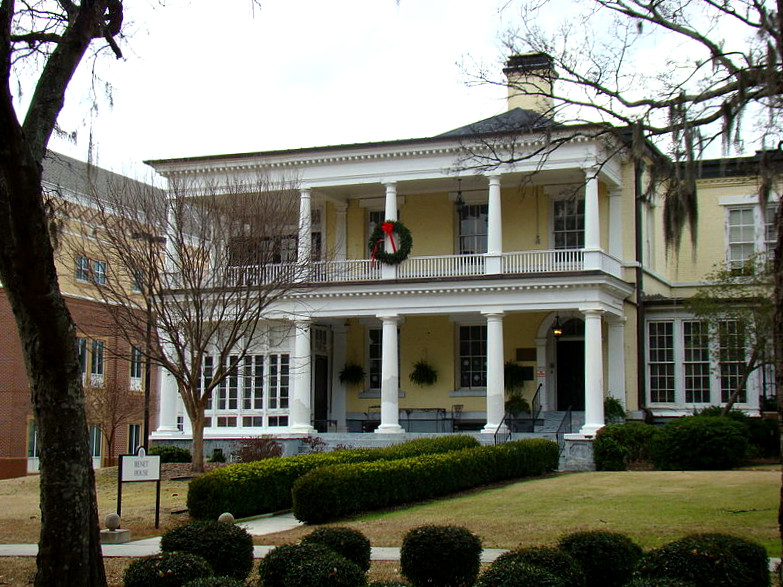
The Federal government purchased property from Augusta mayor Freeman Walker in 1826 for the construction of an arsenal. Over a hundred years later when that arsenal closed in the 1950s, the state of Georgia decided to use the property for a new state college. Not only did the property come with a number of pedigreed historic structures, but quite a few ghosts as well. Bellevue Hall, originally the home of Mayor Walker, came with the wraith of a young woman named Emily, while the nearby Benet House, once the home of poet Stephen Vincent Benet, also came with a number of spirits. The Walker Cemetery and adjacent Arsenal Cemetery are still visited by a butternut grey-clad Confederate soldier who moves through the rows of graves.
10. Bulloch Hall (180 Bulloch Avenue, Roswell)
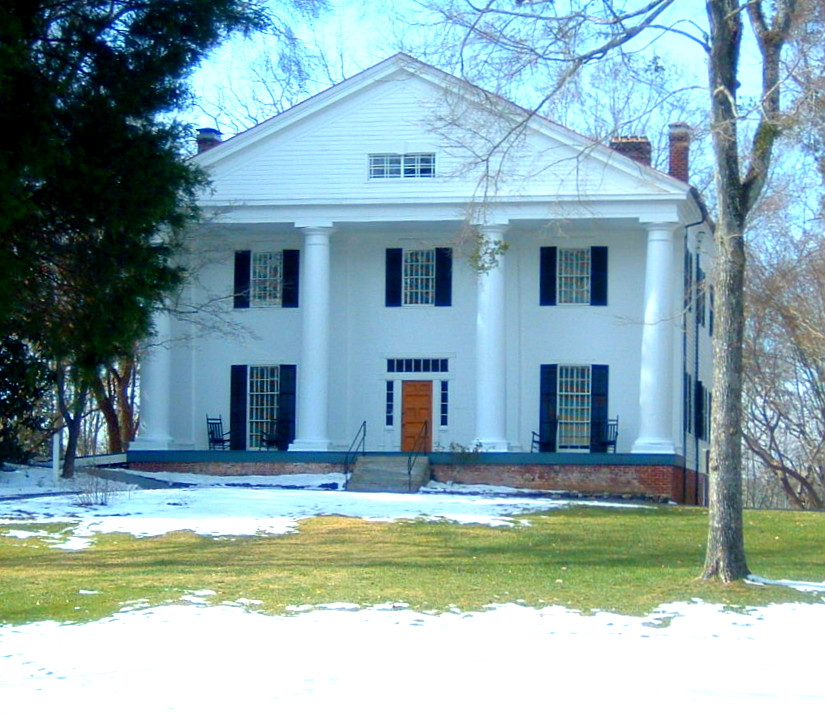
One of the most important houses in the region, both architecturally and historically, Bulloch Hall now serves as a magnificent centerpiece for all of haunted and historic Roswell. James Stephens Bulloch built the home in 1840 and in 1853, his daughter Martha married Theodore Roosevelt, Sr. here. Their son, named for his father, would end up as the 26th president of the United States and a distant cousin, Franklin Roosevelt would marry one of Martha’s grandchildren, Eleanor and become 32nd president. The home itself was purchased in the 1970s and restored as a museum. Among the spirits reported in this magnificent manse are a little boy seen playing in the yard, a man in a dark coat and top hat seen in the house, a family sometimes seen waving from the attic windows and possibly some of the Bulloch family’s slaves.
Postscript
The ghosts of Georgia are marvelous and varied. As well, they have been documented in numerous books. I hope that for your next Haunt Jaunt you’ll keep Georgia on your mind.
Lewis Powell IV is the author of the blogs Southern Spirit Guide, which explores Southern ghosts and hauntings, and The Southern Taphophile, which explores Southern cemeteries. A graduate of Columbus, Georgia’s Columbus State University, Lewis resides in LaGrange, Georgia.
Got an idea you’d like to submit? We’re always looking for quality infotaining posts about true crime, horror, and the paranormal –or some blend thereof. Visit our Writers Wanted page for submission details. We’d love to have you join our Skeleton Crew!
P.S.
Yes.
That’s the answer to that question we know you’re wondering about. We do pay. Not a lot. Don’t get excited. But we believe in paying writers for their time and energy. You’ll find complete details on the Writers Wanted page.
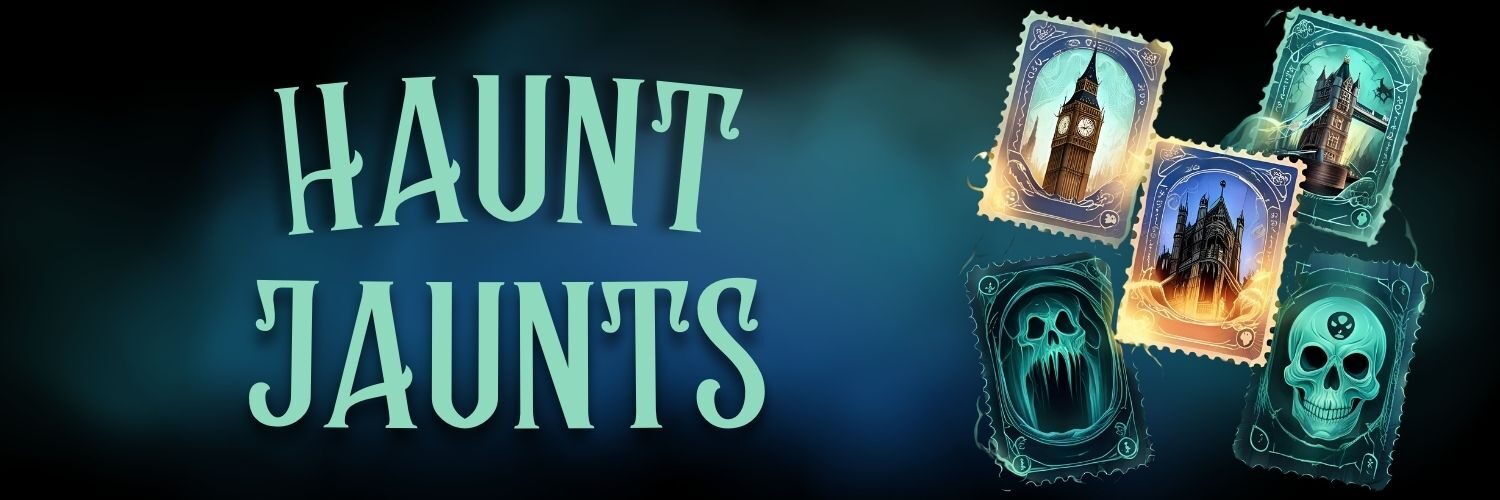
Great blog, Lewis.